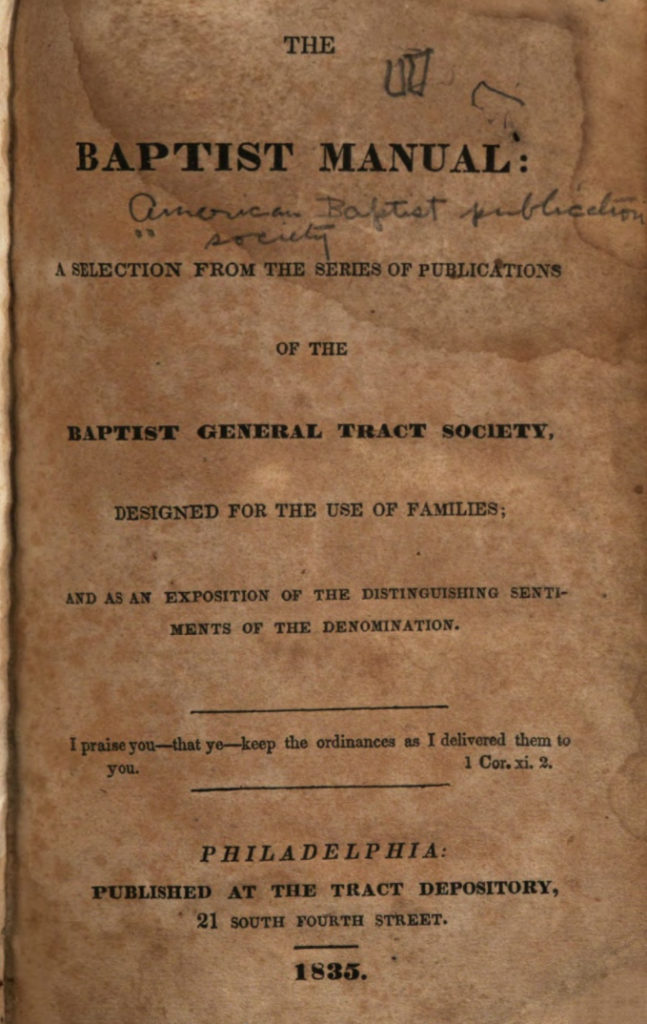The word “Theology” makes some people’s eyes roll back in their head. But it used to be called “The Queen of the Sciences.” To actually construct statements of great truth by the careful study of God’s own revelation to mankind is a noble and high calling. And it is essential for the life of the church. Indeed, it is one of the great purposes for the church’s existence, as Paul calls the church “the household of God . . . the pillar and support of the truth.” 1 Tim 3:15
Recently in a sermon I read a quote from Samuel Angus, describing the contributions of Greek culture to the world. He said:
“They converted everything into an art. They found the confusion of oriental warfare, and they evolved tactics; they found the Egyptians measuring fields, and they built up geometry and mathematics, they learned writing from the Phoenicians, but they wrote; they found men piling chronicles, and they made it history; out of conflicting methods of social cohesion, they made politics; from theories of conduct and undefined right and wrong, they made ethics; lastly, they
turned the content of the Gospel into theology.”
Angus was not a believer, but he was onto something with that last line. I am amazed at how God ordained the history of nations to bring together two very different cultures that allowed what we call theology to come into being: the Hebrew and the Greek. God labored for centuries to reveal himself through His relationship with the children of Abraham. Through divinely inspired Law, and history, and poetry, and prophetic proclamations, God made Himself known in writing. But He brought forth Christ Jesus in a time when the New Covenant and all the theology of God become man needed the precision of Greek thought to
express it.
As Christianity was boldly proclaimed in the pagan world, it was inevitable that Christian ideas would loosely be adopted and co-opted by people with their own ideas. Peter talks about Scripture twisting (2 Peter 3:16) and it has happened ever since. Especially on essential matters of doctrine (the nature of God, the Trinity, the Person of Christ, the incarnation, the human condition and how we are saved), precision matters very much indeed.
The Bible is not a Systematic Theology — everything lined up in neat categories. Theology in the New Testament is Hebraic, revealed in narratives and living letters to churches in specific situations. Some might think, “Maybe we don’t need systematic theology or precisely worded theological statements.” Well, the church found out we do need that, because error is rampant, and blending truth with error is common even among churches. We see that already happening in the New Testament, and it has never stopped.
My recent studies in Acts have given me once again a sense of wonder at the clarity of Scripture on essential doctrines. The way Luke weaves into his narrative such clear statements of truth just amazes me.
- “But we believe that we are saved through the grace of the Lord Jesus, in the same way as they also are.” Acts 15:11
- “A woman named Lydia, from the city of Thyatira, a seller of purple fabrics, a worshiper of God, was listening; and the Lord opened her heart to respond to the things spoken by Paul.” Acts 16:14
- “Sirs, what must I do to be saved?” They said, “Believe in the Lord Jesus, and you will be saved . . .” Acts 16:31
- “. . . explaining and giving evidence that the Christ had to suffer and rise again from the dead, and saying, “This Jesus whom I am proclaiming to you is the Christ.” Acts 17:3
- “God is now declaring to men that all people everywhere should repent, because He has fixed a day in which He will judge the world in righteousness through a Man whom He has appointed, having furnished proof to all men by raising Him from the dead.” Acts 17:30-31
Such clarity! Great truths scattered throughout a compelling narrative. Never get so into the story that you miss what they teach!
And yet the Book of Acts itself in the hands of clumsy interpreters has been misused and mishandled to teach foolish ideas. So, we need the contribution of the Greek thought — systematizing, carefully worded statements, order, and bringing ideas widely spread out in Scripture together to get a complete picture. The Greek influence brought logic to bear and created theology, and it has been a blessing. What if God is illogical? He isn’t. He is indeed above human reason in certain ways, but He is not illogical. John introduces Jesus as The Logos (the Word) in his Gospel. That word John chooses to describe the eternal Christ is where we get the very word “logical.”
Can’t theologians go overboard, be too precise, drift off into speculation? Yes, they can. They are not inspired and they are quite human. That’s why we cannot rely on any one man. But because of them we have beautiful statements of doctrine that have kept the church on track for centuries. We owe them. We owe them respect. The basis of our own doctrinal statement (The New Hampshire Confession) is the work of theologians responding to theological issues of their time. It still amazes me how carefully worded and precise it is. That is why our doctrinal statement is our guiding star for all our teachers and church officers. It keeps us from straying away from sound doctrine.
Yours in Christ,

Originally printed in The AFBC Pony Express. Vol. XIV, No. 9, September 2021.


